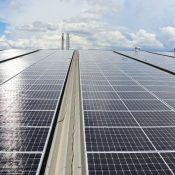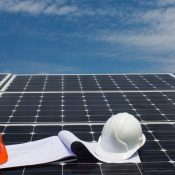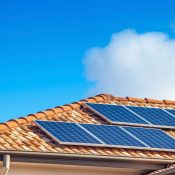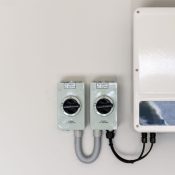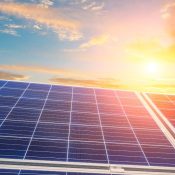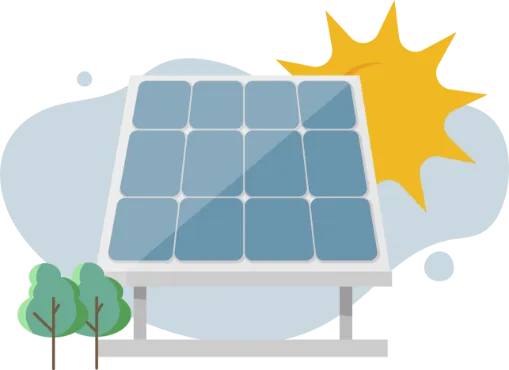Factors That Can Affect Your Solar PV Efficiency
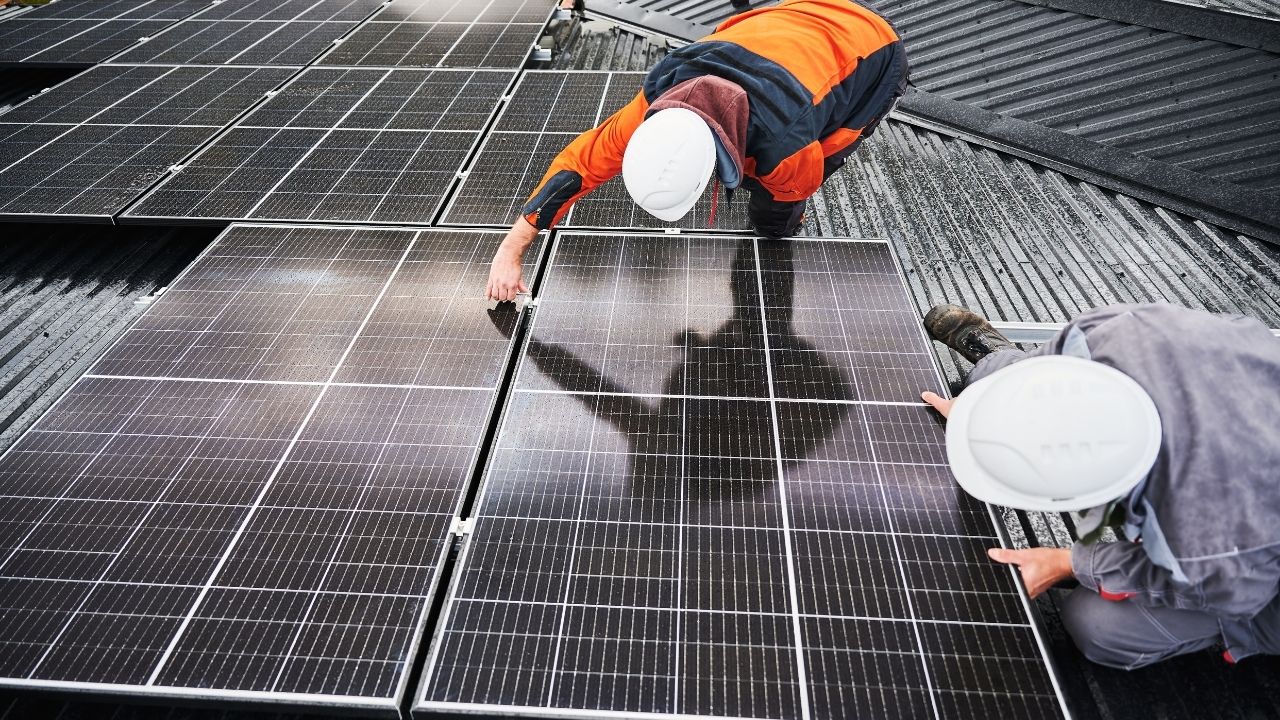
Are you thinking about switching to solar energy but concerned why your panels might not be performing as expected? Solar PV systems are a smart investment, offering clean, renewable energy and long-term savings on electricity bills.
Solar panels work best under specific conditions, and understanding what influences their performance is essential to getting the most out of your system. From roof orientation to weather patterns, several elements can play a significant role in how much energy your panels actually generate.
In this blog, we’ll explore factors that can affect your solar PV efficiency, how they work, and share practical tips to help you maximise your energy output and savings.
7 Factors That Can Affect Your Solar PV Efficiency
Solar panels are a long-term investment, but their performance is influenced by more than just their brand or wattage. Understanding these critical factors can help you maximise energy output and extend the lifespan of your system.
Intensity of the Sun
The amount of solar radiation your panels receive directly affects how much electricity they can generate. In Ireland, solar exposure fluctuates throughout the year. Peak performance typically occurs during the spring and summer when sunlight hours are longer and more direct.
Even on cloudy days, modern panels can produce energy, although at a reduced rate. If your property is surrounded by tall buildings or trees that limit sun exposure, your overall efficiency may be compromised.
Age
Solar panels naturally degrade over time. On average, high-quality panels lose about 0.5% efficiency annually. After 10 years, a system might operate at 95% of its original capacity.
While this degradation is gradual, it’s important to plan for it when calculating return on investment or deciding on replacements. Older systems may also use less advanced technology, which can further reduce performance compared to newer models.
Installation Issues
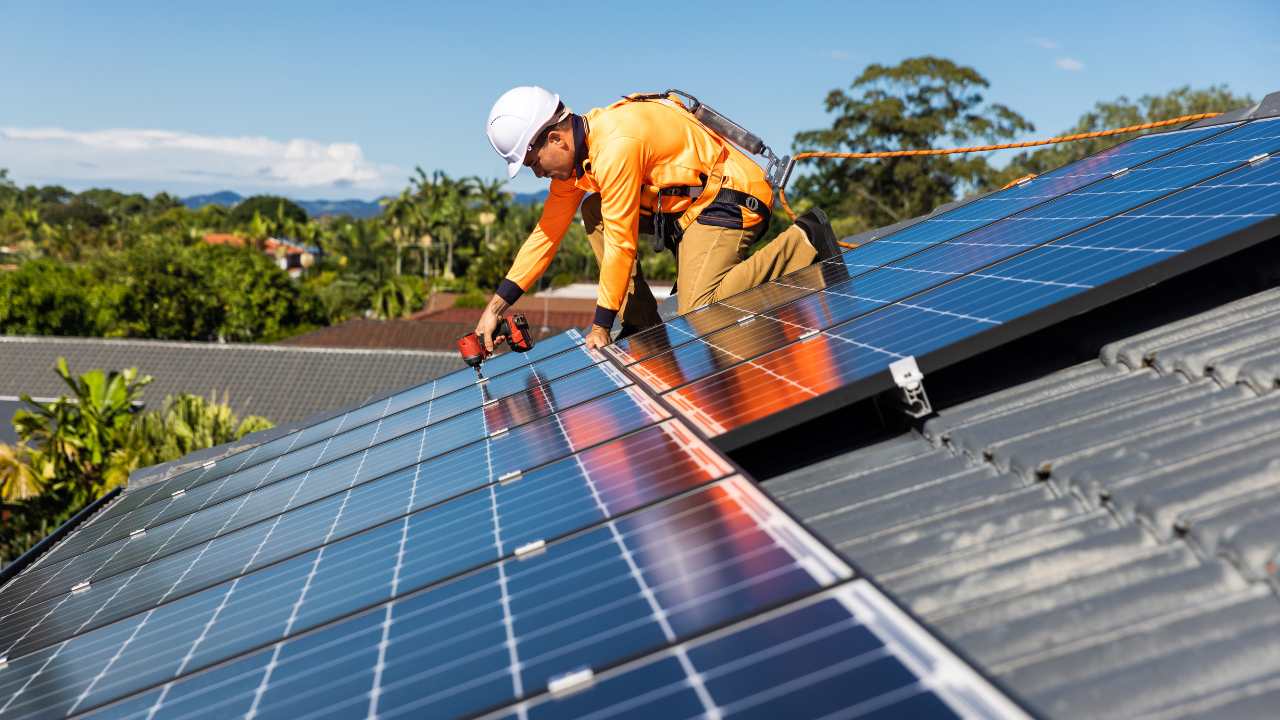
Faulty installation can severely hinder your system’s efficiency. Poor alignment, incorrect wiring, or mismatched components can all lead to reduced performance. Choosing experienced installers like Going Solar ensures your system is optimally designed and installed to avoid energy losses from the start.
A poorly installed system may also experience long-term electrical problems, which can result in higher repair costs and lower returns. Always request certifications, warranties, and detailed system plans before committing to any installer.
Weather
Weather plays a major role in solar PV performance. While sunny days deliver the highest output, Ireland’s cloudier climate still supports effective solar generation. Rain can actually be beneficial by helping to clean the panels, while persistent overcast conditions may reduce, but not eliminate, electricity production.
Wind can sometimes cool the panels and slightly improve efficiency, but it can also cause structural stress if mounts aren’t properly secured. Designing a system that accounts for seasonal and weather variability ensures consistent energy production.
Mounting Position
Panel placement has a direct impact on how much sunlight is captured. The ideal setup in Ireland is a south-facing orientation with a tilt between 30 and 35 degrees. If your roof faces east or west, or is overly flat or steep, performance can drop.
Incorrect orientation can lead to lower energy yield and longer payback periods. Tools like sun path simulations and solar mapping help assess and optimise your panel positioning before installation.
Temperature
Surprisingly, solar panels work more efficiently in cooler temperatures. Excessive heat increases resistance in the photovoltaic cells, which can lower output. Ireland’s temperate climate typically provides a favourable environment for solar systems, maintaining steady performance throughout the year.
Panels in very warm climates can lose up to 15% of their efficiency during peak summer months. Choosing equipment with a low temperature coefficient helps reduce heat-related losses and maintain high productivity.
Maintenance of Solar Panels
Keeping your panels clean is essential to maintaining efficiency. Dust, leaves, and bird droppings can block sunlight and reduce output. While natural rainfall does help keep panels clean, periodic professional maintenance is recommended to ensure all components are working optimally, including the inverter and electrical connections.
Ignoring maintenance can lead to dirt buildup, wiring faults, corrosion, and even safety hazards. An annual inspection can catch small issues early before they lead to expensive repairs or energy losses.
What Are Some Ways to Increase the Efficiency of Solar Panels?
Maximising your solar panel performance is not just about owning a solar system. It also involves making smart decisions during selection, installation, and ongoing maintenance. Here are some practical ways to improve your solar panel efficiency.
Choose high efficiency solar panels
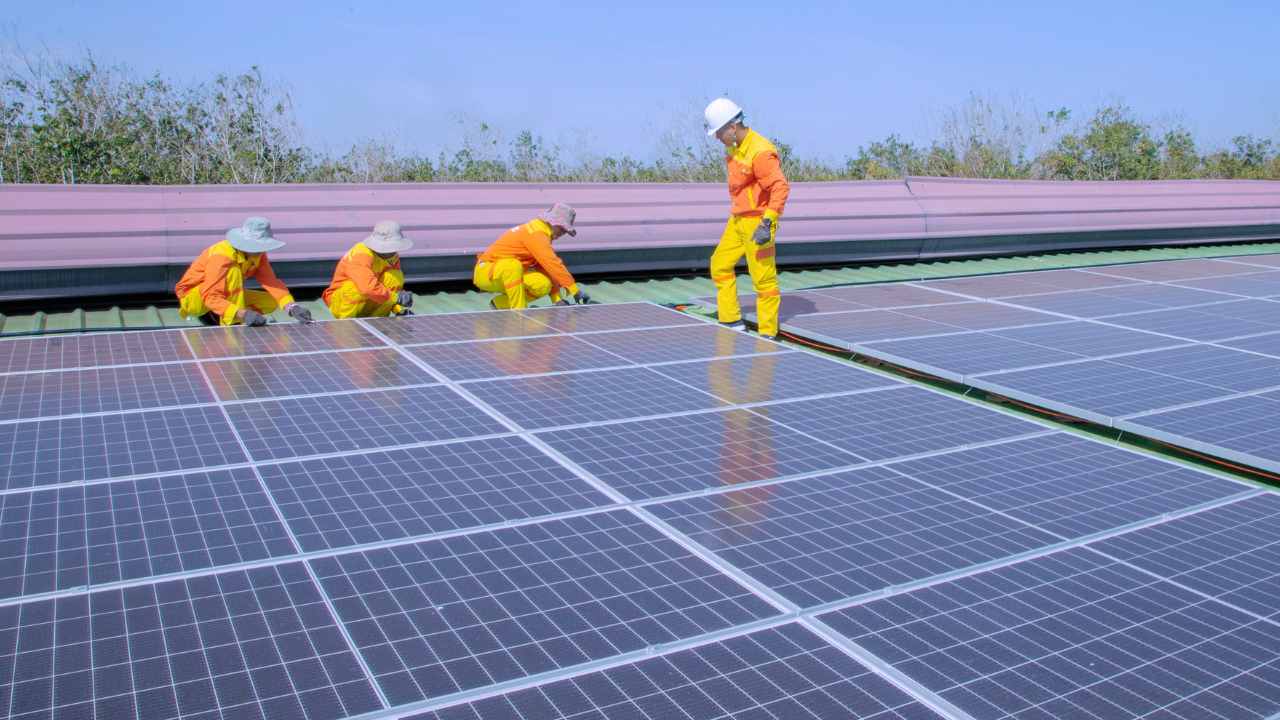
Investing in high efficiency solar panels ensures you get more energy from the same amount of sunlight. Panels with advanced technologies like monocrystalline offer better performance. These panels work well in limited spaces and produce higher output per square metre. While the upfront cost is higher, the long-term savings are significant.
Avoid shaded areas
Shadows from trees, chimneys, or nearby buildings can significantly reduce solar panel performance. Even slight shading on one part of a panel array can affect the entire system’s output. It’s important to conduct a shading analysis before installation. Avoiding shaded spots helps maximise daily energy production.
Hire professional installers
Expert installation is critical to system performance and safety. Professional installers ensure the right angle, orientation, and wiring for your specific location. They also offer warranties, ongoing support, and help with grant applications. Poor installation can lead to inefficiencies and costly maintenance later on.
Regular cleaning of solar panels
Dirt, leaves, and bird droppings can block sunlight and reduce panel output. Although Ireland’s rainfall helps wash panels naturally, it may not remove all debris. Scheduling regular cleaning keeps your panels operating at full capacity. Clean panels ensure consistent and reliable energy production.
Conclusion
The efficiency of your solar PV system is influenced by several key factors including sunlight intensity, panel age, installation quality, and ongoing maintenance. By understanding these factors that can affect your solar PV efficiency, you can take proactive steps to maximise your system’s performance and ensure better energy savings over time. With the right approach, even homes in Ireland’s variable climate can enjoy consistent and reliable solar energy.
For expert advice, high-efficiency solar panel solutions, and professional installation services, contact Going Solar. Reach out to Going Solar today and start generating clean, efficient energy for your home or business.
Planning a switch to solar energy?
Contact Going Solar now and Get Free Advice & Quote Within Minutes!
Frequently Asked Questions
Contact Going Solar Now!
Joe Brennan
Founder @ Going Solar
Joe Brennan, the founder of Going Solar, is dedicated to making solar power mainstream in Ireland and meet SEAI objectives. With a focus on affordability and sustainability, he is bringing renewable energy solutions to homes, reducing costs & environmental impact.
Recent Posts

